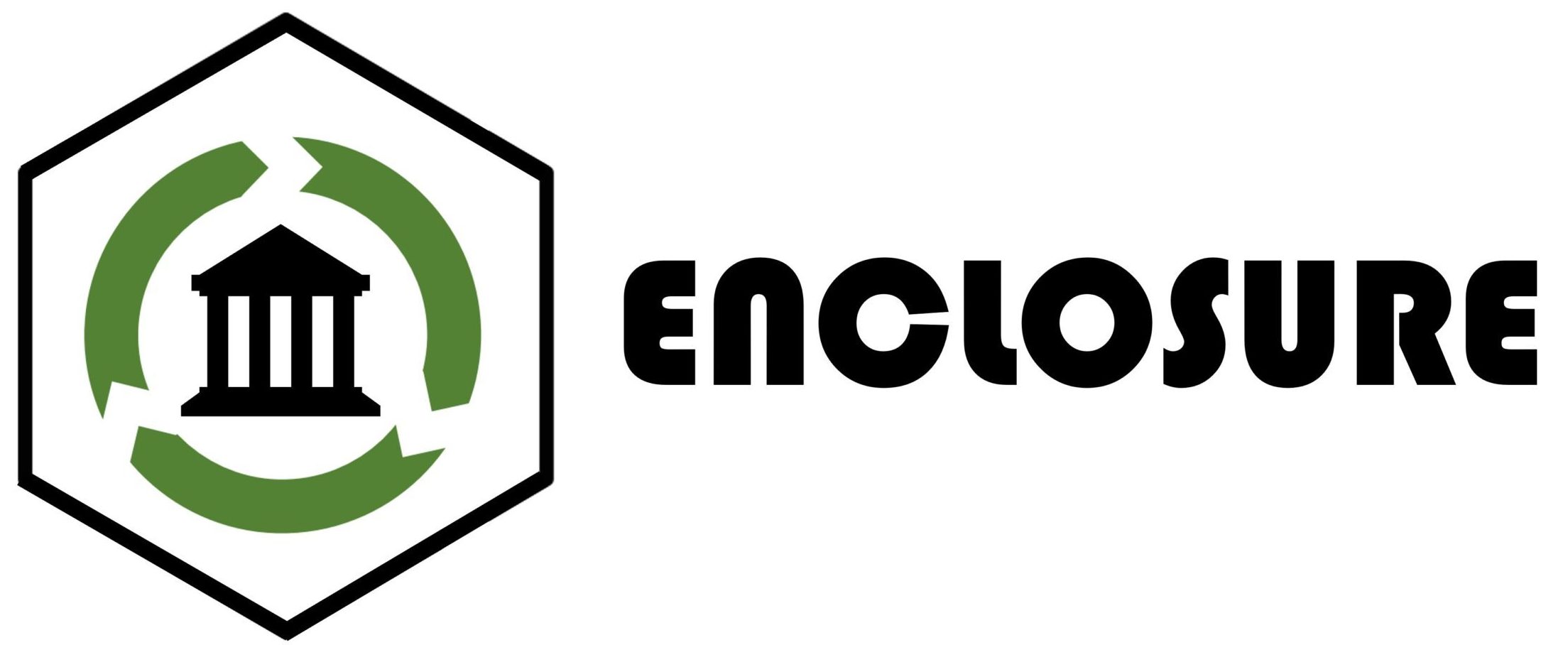Project facts
Presentation
The need for effective technologies, bespoke materials, and innovative solutions for the conservation of cultural heritage has increased substantially in the last two decades. The design of new conservation technologies should ideally employ environmentally-friendly materials and procedures, minimizing those that can be hazardous to the end-user or present ecotoxicity.
Hydrogels based on polymers from natural origin have been recently proven as effective alternative when dealing with the conservation of cultural heritage.
The main goal of ENCLOSURE is to provide holistic solutions for respectful cultural heritage conservation through the eco-design, testing and validation of environmentally sustainable nature-based materials that adhere to Circular Economy concepts. The present proposal will go beyond the Safe-by-Design concept recently applied in cultural heritage conservation, quantifying and analysing additional impact metrics (Life Cycle Assessment, LCA). Additionally, this project will also evaluate the economic costs associated to the designed technologies among different competing alternatives in the field through Life Cycle Costing (LCC). This last will allow evaluating the scalability of the products from the laboratory to the hands of conservation professionals.
Impacts & Results
- Nanocellulose-based materials (alone or with others) with tailored mechanical compressive/tensile and controlled adhesive properties using environmentally-sustainable CNFs and BCs for desalination, cleaning and protection of wall and canvas paintings.
- Preparation of mock-ups for the validation of the effectiveness/harmlessness of the mentioned materials.
- Development and use of fast non-invasive methodologies based mainly on imaging strategies for the testing of the materials on mock-ups and real paintings.
- Assessment and quantification of the environmental sustainability of the developed materials through LCA, LCC and evaluation of the future scalability of the products from the laboratory to the hands of conservation professionals.
Although the effectiveness of ENCLOSURE materials will be tested in wall/canvas paintings, this project aims to pave the way to transfer, in the future, the use of nanocelluloses to other heritage materials and fields, positioning these new technologies as a new family of environmentally sustainable solutions minimizing the impact to the environment and to the operators’ health, offering new technological developments in the sector.

